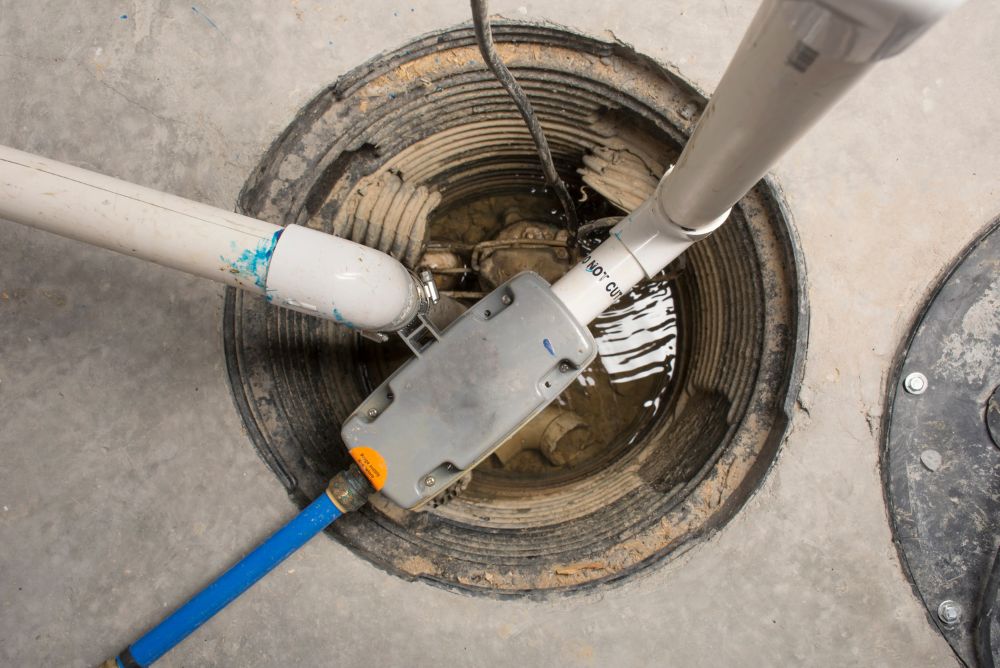Most people don’t spend much time thinking about their sump pump systems, but they may impact your health and safety more than you think. Unf ortunately, radon is one of the leading causes of lung cancer in the United States. You may know the potential dangers of radon gas exposure, but you may not know how it enters your home. Dive into the relationship between radon gas and sump pump systems to ensure your family’s safety.
Sump Pumps and Radon Gas
Sump pumps are necessary for homes at risk of flooding, and they work by pumping water out of the pit and away from your home’s foundation when it reaches a certain level. Sump pumps are more common for homes with basements because they’re more likely to flood.
Radon gas occurs naturally when uranium in the rocks and soil beneath the house breaks down, and it can enter your home in various ways. Unfortunately, radon can enter your home through your sump pump; as a result, you should be cautious of radon levels if you have an open sump pump.
Should You Seal Your Sump Pump?
If you want to stop radon gas from entering your living space through your sump pump, your first thought may be to seal the pump. While covering or sealing the sump pump may slightly reduce the amount of radon that enters your home, it may not be enough to keep your home’s radon levels within the safe range. Believe it or not, radon gas can enter your living space through cracks and gaps in your foundation, regardless of sump pump coverage.
Radon Mitigation
Radon testing and mitigation are vital for your family’s health, especially if you have a sump pump. Although you can test on your own, you may need to hire a professional to install a radon mitigation system or conduct necessary sump pump services. Whether or not you’re a brand-new homeowner, you can benefit from having a radon professional give you the all-clear on your home.
After learning more about the relationship between radon gas and sump pump systems, you may want to look into radon testing to ensure your home is safe. Because radon gas is undetectable with just your senses, you may not know it’s there until it’s too late—test for radon regularly.


Recent Comments